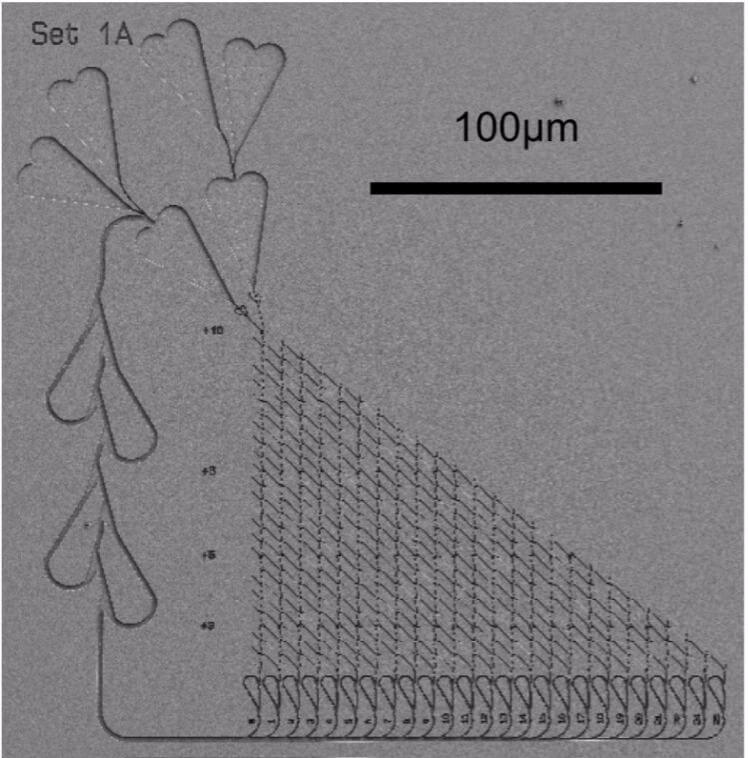The EU Horizon 2020 has launched Bio4Comp, a five-year €6.1M project to build more powerful and safer biocomputers that could outperform quantum computing.
The Bio4Comp project has the ambitious goal of building a computer with greater processing speed and lower energy consumption than any of the most advanced computers existing today. Ultimately, this could translate into enabling large, error-free security software to be fast enough for practical use, potentially wiping out all current security concerns.
A total of €6.1M have been awarded to an European team of researchers from TU Dresden, Fraunhofer-Gesellschaft, Lund University, Linnaeus University and Bar Ilan University, as well as the British company Molecular Sense.
“Practically all really interesting mathematical problems of our time cannot be computed efficiently with our current computer technology,” says Dan V. Nicolau from Molecular Sense, who had the original idea of harnessing the power of biomolecules to build better computers. The team plans to solve this problem by scaling up its first biocomputer prototype, whose mechanisms have been published in the journal PNAS.

“We are using molecular motors of the cell that have been optimized for a billion years of evolution to be highly energy efficient nanomachines,” explains Prof. Stefan Diez from TU Dresden. These molecular motors are myosin and kinesin, the proteins responsible for muscle contraction and transport of molecules inside the cell, respectively. These molecules, fixed on the “biochip”, move other proteins across the computation device, which return a specific number depending on their final location.
With the new funds, researchers from TU Dresden plan to further improve the model by modifying and optimizing these motor proteins for computation and their integration into nanodevices.
The biocomputer has the potential to immensely reduce computing time by doing calculations in parallel, since multiple molecules can travel through the device simultaneously. Parallel computation is not a new concept, though; quantum computers are based on the same principle. However, the researchers at Bio4Comp have argued that biocomputing could overcome the scale limits of quantum computing, as well as other experimental models such as DNA and microfluidics-based computation.
Images from Shawn Hempel/Shutterstock, TU Dresden





